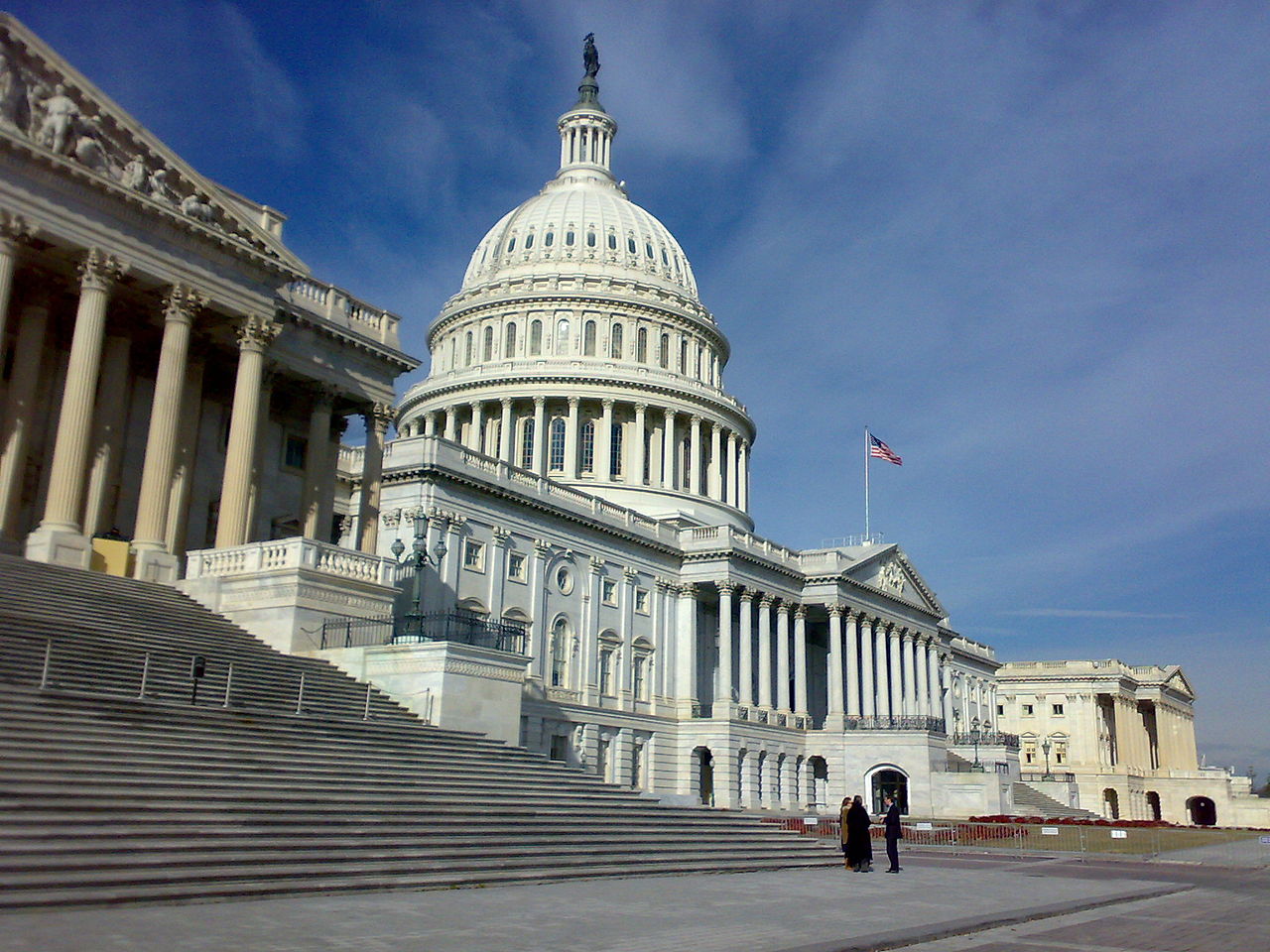At first, the answer to this question is easy. Another term in the White House, two additional Senate seats, and eight new blue Congressmen. Liberal marijuana or gay rights votes passed in almost 10 states. But beyond the veneer, is this reflective of a Democratic mandate, or more of Republicans failures? To consider this, it’s important to remember the 2012 election in context.
2010 was a banner year for GOP. A strong rebuke to President Obama’s policies come from that November’s midterm elections. Senator Scott Brown’s (R-MA) 2011 special election to the seat formerly held by liberal lion Edward Kennedy (D-MA) further served as vindication to Republicans who saw a fundamental problem with the direction of the country. From Congress to statehouses and municipalities, Republicans gained seats across the board.
Contrast that with this year’s election. President Obama, while clearly victorious in the Electoral College, narrowly won the popular vote (by ~3 percentage points). The Democrats did defend a Senate they had been widely expected to lose (given the number of seat they had to defend), but could not gain substantively in the House. While liberal ballot measures passed, they did so by close margins and their precedence is not clear.
Although the nation has clearly given President Obama and Democrats an endorsement, by no means have they delivered a mandate. In many ways, Democrats’ success is a reflection of Republicans’ failures. The inordinate number of GOP primary debates, for example, greatly hampered the GOP. By parading candidates who were untested, gaffe-prone, and probably not electable, the Republicans were doomed from the start. From Rep. Michele Bachmann (who espouses HPV vaccine concerns based on anecdotes she hears, despite the CDC’s clear disagreement) to Herman Cain (9-9-9, 9-0-9, and this campaign ad leave me wondering: what?), the Democrats were giddy. Oh yeah, did I mention that America’s too uptight, as well? I love politics, but these are just bad politicians.
So who is the Party left with? Their standard-bearer, today-I’m-pro-life-tomorrow-pro-choice, teetotaler former governor of Massachusetts (of all places). Romney – while electable in a well-educated, high-income place like the Bay State – came off as professor rather than commander-in-chief during the campaign. His constant gaffes (think 47%, “I’m unemployed, too,” and an international foray that, well, actually frayed his relations with foreign leaders) only fed this initial view of him. His campaign was constantly extinguishing fires rather than advancing the Governor’s vision and agenda. His only lifeline came during the first presidential debate, which was really a function of Obama’s poor performance than Romney’s resonance with voters. Given candidates like Romney and his colleagues, it’s no wonder voters weren’t rushing to support the Grand Old Party.
Equally important to consider are the remarks on rape and abortion made by Rep. Todd Akin (R-MO) and Treasurer Richard Mourdock (R) of Indiana. Their ill-informed, bizarre comments only further alienated voters and, more importantly, reflected on the Republican Party as a whole. That’s what closed the binders on this election. In an inscrutable, almost laughable way, the GOP has whittled down their core constituency to, basically, white men. Republicans may have some serious fiscal chops, but by alienating whole swaths of voters with social policies from a far bygone era, their self-included wounds cost them the election. In reality, this was always President Obama’s race to lose. He won, but not only on his record. In many ways, Democrats’ success was a function of Republicans’ failure. For 2014 and beyond, the ball is very much in Republicans’ court.

Great points. I agree that Obama doesn't have a "mandate," but in a different way—only because like everything else it seems in politics, "mandate" is the consensus of the observer and totally relative. When Bush bragged that he had a "mandate" and "political capital" he was repudiated; interestingly, one of the most frequent comments regarding Obama's recent press conference was that he was remarkably muted, focused, and sober. In fact, he *rejected* the idea that he had a mandate, spinning the question into some pablum about a "mandate to help middle class families." I think it speaks to the degree that having a mandate might be a self-defeating question; could it be you only have a "mandate" when you don't say the word "mandate" out loud?
Which obviously has implications for deciding a "win" versus a "not-loss." A "win" supposedly would give you a clear mandate; a not-loss, not so much. But I wonder how different those two things are, or where the line is. Mathematically, you'd probably agree that HW Bush had a "mandate" just based on the epic sweep of states. But that was an election a lot of people thought Dukakis "lost", too, because he had a major lead going into the polls (which he blew), and was criticized for his own gaffes (like the famous tank-riding brouhaha).